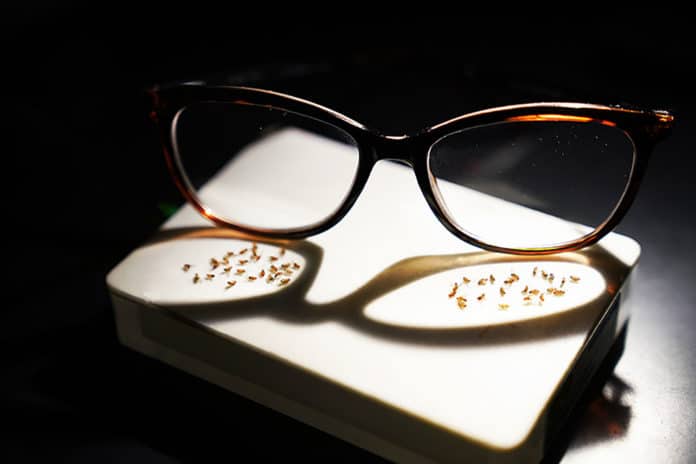Daily rhythms are a ubiquitous feature of living systems. This circadian clock is responsible for the temporal organization of various functions.
In a new study, scientists from Purdue University discovered that this circadian clock plays a surprisingly significant role in age-related changes in the retina. This internal clock may be critical in advanced age to prevent retinal degeneration and maintain eye health. This internal clock may be essential for preventing retinal degeneration in advanced age and maintaining eye health.
While bright light helps us see better, it also damages our vision. When the retina’s light-sensing cells become over-stimulated from looking at a bright light, they release massive amounts of signaling chemicals, injuring the back of the eye. Hence, our eyes need darkness for better vision.
The clock of our circadian rhythms drives this process. Scientists have found that a disrupted clock can pose a significant risk of retinal degeneration as we age.
Scientists used a genomics/bioinformatics approach to identify transcription factor binding sites with differential activity in aging Drosophila retina outer photoreceptors. The outcomes suggest that Clock and Cycle’s transcription factors – known for their role in circadian rhythm – showed progressive changes in activity with age.
Vikki Weake, associate professor of biochemistry in Purdue University’s College of Agriculture, said, “In our earlier studies, just focusing on gene expression, we were missing part of the story. By looking at changes in chromatin that alter access to the underlying DNA during aging, we were able to identify some of the transcription factors that drive these gene expression changes in the aging eye.”
Their bioinformatics technique called diffTF observes changes in DNA accessibility in chromatin between different conditions. This creates a panel of potential candidates to pursue, unlike a research team that starts with the target gene.
Doctoral student Juan “Jupa,” Jauregui-Lozano said, “Clock and Cycle were known for being master regulators of circadian rhythms, but we saw they also regulate nearly all of the genes involved in sensing light in the retina. When the Clock: Cycle complex is disrupted, flies are susceptible to light-dependent retinal degeneration and light-independent increase of oxidative stress. In humans, disruption of circadian rhythms has been associated with the onset of several age-related eye diseases. This is another piece of the puzzle.”
Weake said, “Regulating the time these proteins are made is important to protect the light-sensing neurons and retain vision. The proteins involved in sensing light are delicate and degrade during the day when they are exposed to light. If the circadian clock is off and these proteins aren’t made at the right time, it’s a problem.”
Scientists found this complex controlled gene expression of nearly 20% of the active genes in Drosophila photoreceptors. The study also found the complex was responsible for maintaining global levels of chromatin accessibility in photoreceptors, a critical step in the transcription of genes.
Co-author Hana Hall, research assistant professor of biochemistry at Purdue, said, “We performed light and dark experiments to see the effect on gene transcription. Unlike most cells in the human body, neurons don’t divide and replicate. The death of neurons leads to degenerative disease. Because of this, the cellular processes involved in repairing and regulating them are essential. Proteins achieve this, and genes control which proteins are produced.”
“Aging is the main risk factor for neurodegenerative disease. If we can understand the mechanics of how things get off track or become misregulated in our later years, we may be able to prevent or slow down the progression of these diseases. Vision loss affects a person’s lifespan, independence, and quality of life. Even delaying onset by five years could make a tremendous difference. We have ideas, and we are going to seek the answers.”
Journal Reference:
- Juan Jauregui-Lozano et al. The Clock: Cycle complex is a major transcriptional regulator of Drosophila photoreceptors that protects the eye from retinal degeneration and oxidative stress. DOI: 10.1371/journal.pgen.1010021
